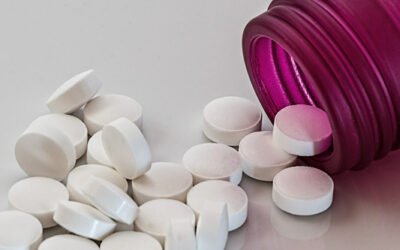On an average day we lose between one and two litres of water. This needs to be replaced if we are to stay well-hydrated. Research shows that only 25% of us drink as much as we need to.
To stay healthy our bodies need a constant supply of water. It accounts for about two-thirds of body weight, it is vital for organs to function, it regulates body temperature and helps absorb nutrients, dissolve solids and get rid of toxins. When we lose more fluid than we take in we start to dehydrate, and if this becomes severe it can be life-threatening.

But it’s not only just severe dehydration that can cause problems. Being only mildy dehydrated is enough to affect health and wellbeing:just a 2% drop in our body’s water content causes a massive 20% drop in energy levels.
The more dehydrated you become, the more tired you feel, as well as being unable to concentrate and prone to headaches.
There are other signs too. One of the main causes of constipation is a lack of fluid in the intestines. The more water you drink, the easier it is for waste products to move through the system. Even bad breath and a furry tongue can indicate a lack of water as waste products usually washed out of the body are left in the throat and mouth causing a build up of bacteria. The most obvious sign is the colour of the urine, which should be pale or clear and odour-free if you are well-hydrated.
If water levels are low your skin can become dry, as your body uses what it needs for its daily functions, leaving your skin with the little that’s left. And you can end up piling on the kilos as hunger is often falsely triggered when you are dehydrated so you eat instead of having a drink.
The problem is that we tend to reach for a drink only when we feel thirsty, but at this point we have already lost half a litre of water, which is why it is important to drink regularly. The easiest way to do this is to build water into our daily routine.

DEHYDRATING DRINKS
Caffeine-containing drinks (coffee, tea, cola) do not count in your daily water intake as they have a dehydrating effect. Have these drinks in moderation and have an extra glass of water for every cup of tea or coffee or glass of alcohol you drink.
HOT WEATHER
As the temperature increases, so does your need of water, so in summer make sure you replace lost fluids continuously.
DRY ENVIRONMENTS
Central heating and air conditioning remove the moisture from the atmosphere so the air you breathe becomes increasingly dry. In this case increase your fluid intake.






